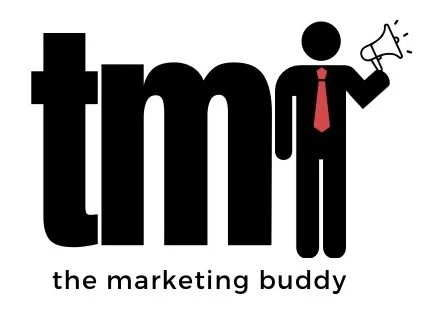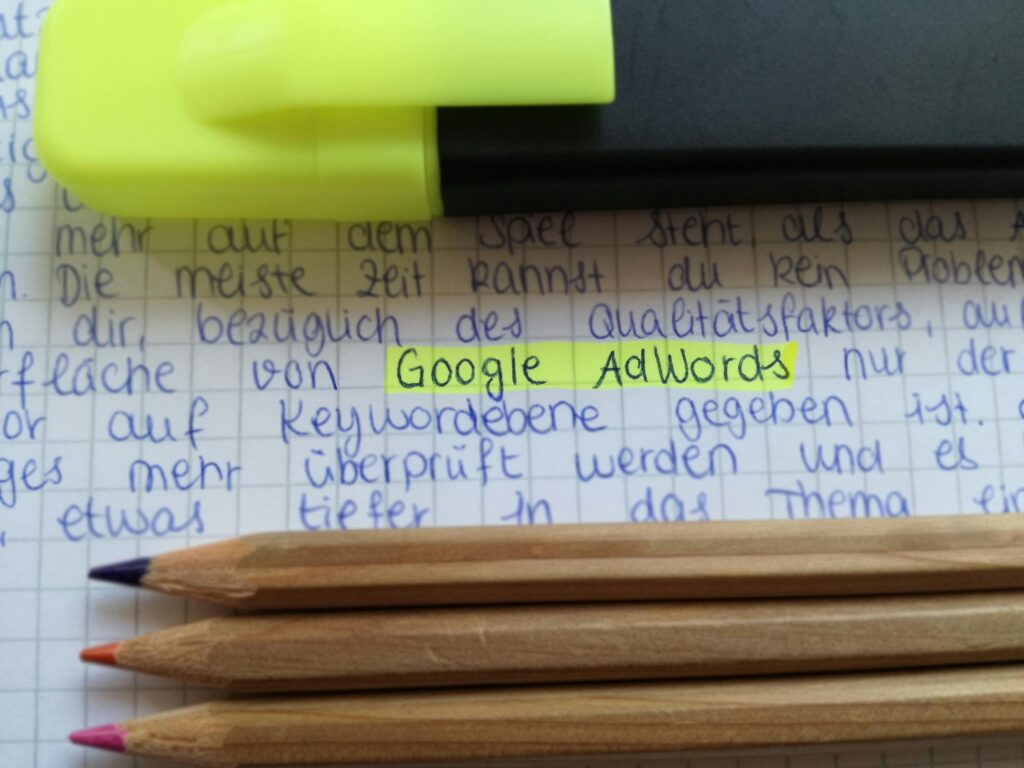Introduction
Content marketing has proven itself as a valuable tool for businesses looking to build brand authority and generate leads. Unlike traditional advertising, content marketing focuses on creating value for audiences through educational, informative, or entertaining content. If you’re ready to leverage content to position your brand as an industry leader, read on to learn how content marketing can transform your business.
Why Content Marketing Matters
Content marketing allows brands to connect with audiences more authentically by providing solutions to their needs. By offering valuable insights and engaging stories, you not only build trust but also increase the likelihood of converting readers into loyal customers.
Key Components of a Content Marketing Strategy
1. Audience Research and Personas
Understand who your audience is and what they’re searching for. Create personas to guide your content, ensuring it resonates with their needs and preferences.
2. Content Planning and Strategy
Plan a content calendar based on your goals, whether it’s increasing traffic, driving leads, or establishing thought leadership. Choose content types that fit your audience, such as blog posts, videos, infographics, or case studies.
3. SEO Optimization
For maximum reach, optimize your content for search engines by using relevant keywords, meta descriptions, and alt tags. High-ranking content will bring in organic traffic over time.
4. Promotion and Distribution
Don’t just create content—share it! Use social media, email marketing, and guest posting to get your content in front of the right eyes.

Best Practices for Content Marketing
• Focus on Quality Over Quantity: High-quality content that resonates with your audience will yield better results than high volumes of low-value content.
• Repurpose Content: Transform one piece of content into multiple formats to extend its reach and appeal to different segments.
• Measure Performance: Track metrics such as traffic, engagement, and lead generation to see what’s working and refine accordingly.
Recommended Tools for Content Marketing
• HubSpot: All-in-one content management system with SEO tools, analytics, and publishing features.
• Grammarly: Ensures your content is polished and professional.
• BuzzSumo: Identifies popular content topics to help inspire your own content.
Common Challenges and How to Overcome Them
• Content Fatigue: It’s easy to burn out on content creation. Develop a realistic schedule and mix up formats to keep things interesting.
• Consistent Quality: It can be challenging to consistently produce high-quality content. Hire freelancers or invest in editing tools to maintain standards.
• Attracting the Right Audience: Focus on keywords and channels where your target audience spends time to ensure you’re reaching the right people.
Conclusion
Content marketing is a powerful strategy for building brand authority, engaging audiences, and driving leads. By investing in high-quality, valuable content, you’ll position your brand as a trusted authority in your industry. Ready to get started?
Frequently Asked Questions
Q1: How often should I publish content?
A1: It depends on your goals and resources, but a steady cadence, like once a week, works well for most businesses.
Q2: Does content marketing work for small businesses?
A2: Absolutely. Content marketing is highly adaptable, making it effective even for businesses with limited budgets.
Q3: What’s the best type of content for lead generation?
A3: Lead magnets, such as downloadable e-books or webinars, are effective for generating leads, as they offer high-value information in exchange for


